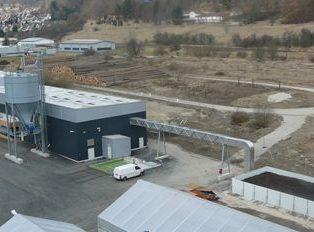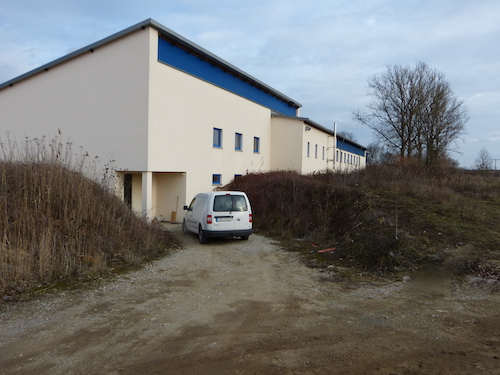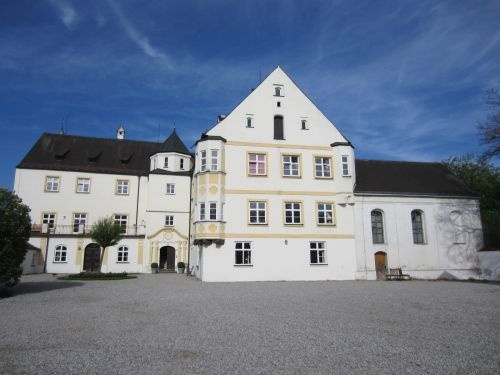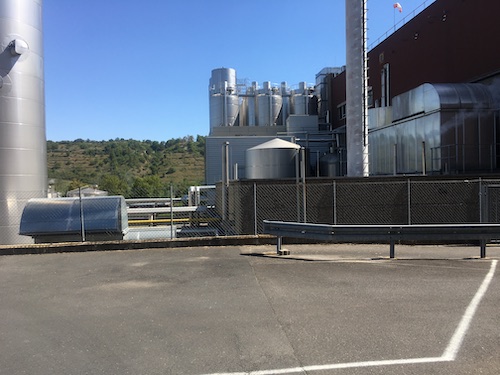The consumption of a certain amount of energy is CO2 neutral if it has no influence on the carbon dioxide concentration in the atmosphere.
CO2 neutrality can be achieved either through the use of CO2-free energy sources or through appropriate compensation measures.
With our individual CO2 concepts you will reach your goal faster and save money too.
Strategies for reducing CO2
Many companies are now pursuing the goal of realizing the energy consumption of their production facilities without CO2 in the medium term. Most of the time, the aim is not just short-term green washing.
175 companies such as Microsoft, Nestle, Kellogs, Ikea, BMW Group are committed to becoming "100 % renewable" in the RE100 initiative. These companies are already taking measures to reduce energy consumption and use renewable energies. Munich Airport also wants to reduce its CO2 emissions to zero by 2030.
CO2-neutral production - how does it work?
A factory can be described as CO2-neutral if there are no climate-damaging emissions or if these can be compensated. Primarily, emissions should be reduced in-house through energy efficiency and the use of renewable energies. The remaining energy supply can then be made CO2-free through compensation measures.
Here's how we do it:
- Reduction of energy consumption
Efficiency measures should reduce energy consumption as much as possible. The aim here is to avoid unnecessary consumption, to increase energy efficiency (generation, consumers, distribution).
- Use of renewable energies
A concept is created that includes the use of renewable energies and the use of waste heat. It is possible to install the plants on your own site or to participate in generating plants regardless of location. The use of combined heat and power with renewable fuels is also a highly efficient way of reducing CO2.
- Compensation measures
The non-CO2-neutral rest energy will be covered by green products or the CO2 emissions are compensated by measures such as certificate purchases.
I have been planning and realizing generation plants in large industrial companies for many years. Many of our customers attach great importance to integrating renewable energy sources. In recent years, we have received more and more customer requests for concepts for CO2-free energy supply from entire production sites.
Andreas Reichel
Power generation and distribution

Selected projects
The objective of these projects was to significantly reduce CO2 emissions and to develop concepts for a CO2-neutral production site.
Biomass CHP Albstadt
The core of the pilot project is the drying of sewage sludge directly on a sewage treatment plant using low-temperature waste heat from a wood-fired biomass cogeneration plant. The dried sewage sludge is easy to transport and is a welcome and CO2-neutral fuel substitute with high calorific value for the recyclers.
read moreBiomass heating plant in energy container
The optimization of the heat supply of the district building yard Neuses, by a biomass heating station, leads to a substantial saving of the emissions of CO2.
read moreBiomass heating plant Lauterbach Castle
In Lauterbach Castle, which has been owned by the von Hundt family since the 15th century, the ageing oil heating system was replaced by a woodchip heating system. A neighbouring residential building is also supplied with heat via this. eta Energieberatung was commissioned to plan the woodchip heating system with a connected local heating network.
read moreBüttenpapierfabrik Gmund – energy concept
In order to further improve regional sourcing and the environmental balance, considerations are currently being made to switch the energy supply from natural gas to biogenic energy sources.
read moreDanone Ochsenfurt – CO2 neutrality
As part of the company’s own sustainability strategy, Danone GmbH is striving to renew its energy generation at the Ochsenfurt site. The goal is a CO2-neutral energy supply for the plant with hot water, steam and electricity.
read more




